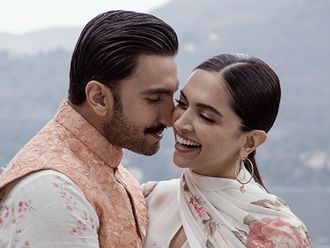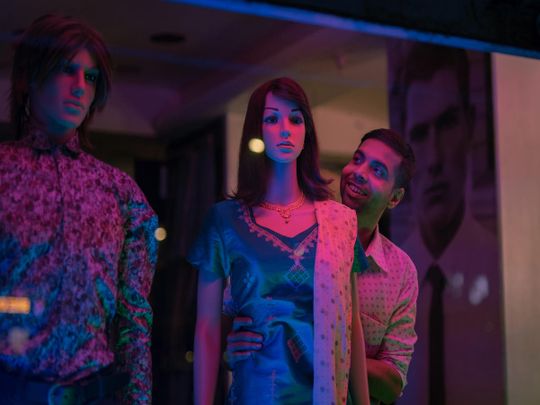
Are you in the mood to watch love stories that don’t stick to conventional tropes about finding your soul mate and a happily-ever-after ending?
Netflix’s latest Hindi-language anthology ‘Ankahi Kahaniya’ might just be what the cynical doctor prescribed as three talented directors — Ashwini Iyer Tiwari (‘Nil Battey Sannata’, ‘Bareilly Ki Barfi’ and ‘Panga’), Abhishek Chaubey (‘Udta Punjab’, ‘Ishqiya’, ‘Kaminey’), and Saket Chaudhary (‘Hindi Medium’) — bring their tales of twisted love, loss and loneliness to the streaming platform.
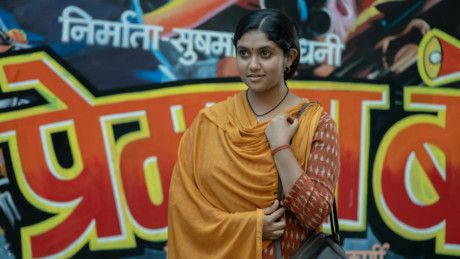
A chapter about a young man finding love and an antidote to loneliness in a life-size mannequin to two strangers dissecting their cheating spouses’ affairs with each other, and to two young souls discovering love and the courage to follow their dreams, form the spine of this anthology.
“The brief to all of us was love. But we all wanted to say something different and come up with a different interpretations of love. I felt like we were getting into a fantasy land with lots of colours and textures to play with. Expecting the unexpected from filmmakers is a joy in itself,” said Tiwari in a collective Zoom video call with Gulf News.
Each director was given less than 50 minutes to build a compelling case for themselves, but the trio found it incredibly liberating not to be bound by conventions or the usual rules of commercial cinema.
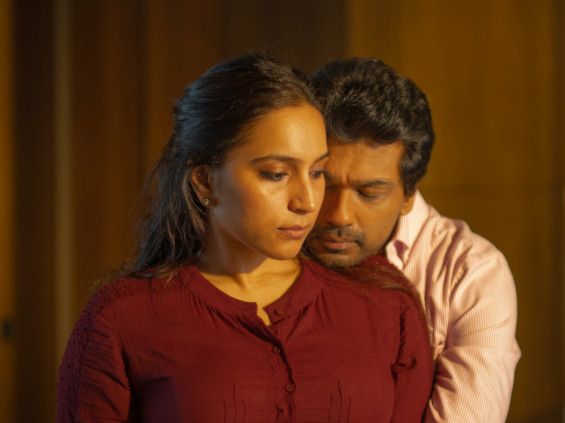
“When you are making short films or an anthology for an OTT [over-the-top] platform like Netflix, you are just going to be watched for your story. The viewers are not there to watch a star or to see that star sing and dance. We are not bound by any structural or commercial pressure and, love is a primary emotion and love stories are never going to die,” said Chaubey.
For Chaudhary, the idea of deviating from a traditional two-hour storytelling format was liberating.
“The idea is all about defying expectations. When audiences watch anthologies, they expect the unexpected. We are not defined by genre or the typical tropes,” said Chaudhary.
Excerpts from our interview with the trio as we talk anthology fatigue, love and more:
Q. Is anthology fatigue real considering we have recently seen a glut of them in recent times?
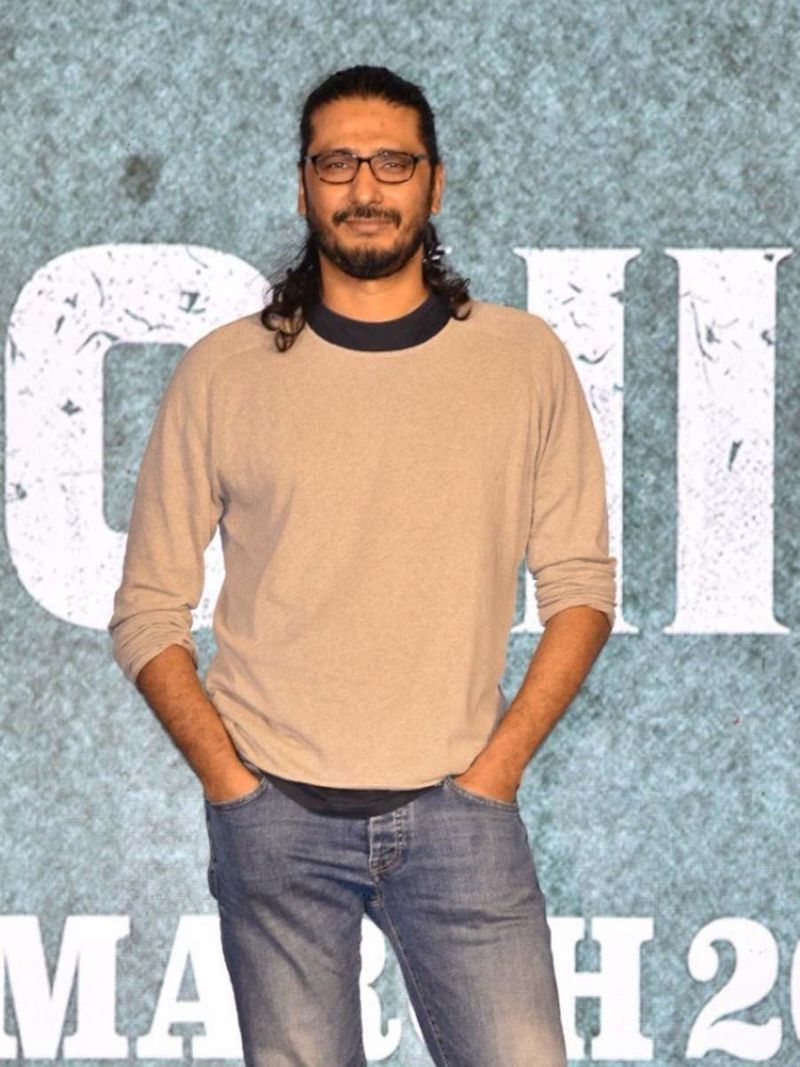
Abhishek Chaubey: I love anthology stories and I believe that short films and stories are a great format. Certain types of stories can only be told in a limited of time rather than a two-hour format. As viewers, I don’t think we should miss the opportunity to watch equally meaningful stories in shorter lengths.
An anthology is like reading a book of short stories and who doesn’t like reading a book of short stories? And to talk about some stories being better than others when you watch an anthology is just natural. If you pick up a book, some stories will be your favourites while you may not like others so much. Anthologies are an individual filmmaker’s expressions and we attach to some and we don’t attach that closely. When we were younger, it was difficult to make short films and monetise it. But thanks to platforms like Netflix, filmmakers are getting the opportunity to explore short formats and it’s fulfilling creatively for filmmakers. And that’s great.
Ashwini Iyer Tiwari: To add to what he said, short stories as a format always allow filmmakers to keep exploring themselves in terms of ideas and to re-gear themselves in terms of new forms of storytelling. It’s very important as a maker to keep evolving and to keep reviving and making something from a different perspective. So it is nice that when you are given certain limitations and you have to tell a story in that kind of timeline you also have a certain kind of creative freedom with respect to how you want to tell your story and that gives us a lot of joy.
For an audience, I don’t think it is about the number of anthologies which are coming out that should fatigue anyone. I do feel that if the story is different and there is something exciting for the audience, you go back to short stories written in a book ‘n’ number of times and we never feel fatigued so it is the same thing here that if you have a group of directors who are coming together to tell good stories and if it somewhere touches an unknown soul who doesn’t know anything about what we are going to say then it is another form of story which will touch their hearts.
Saket Chaudhary: We grew up with television that had series like ‘Ek Aur Kahani’ and they were sort of our exploration of short stories in the visual form. I think every new platform creates a new form of storytelling. Like when we went from single screens to multiplexes, the narrative duration shortened to two hours for a feature film. With platforms like Netflix and Amazon, anthologies become an interesting format that they can explore. Stories are put together as a limited series and different filmmakers explore different ideas around the same themes. I personally don’t feel any fatigue. These platforms are new and they can explore anthology formats comprehensively.

Q: In journalism school, we were told to stick to the KISS technique (Keep It Simple and Stupid) while writing our lede and say what we need to say succinctly. As filmmakers, do you find that restrictive or liberating?
Chaubey: There are certain stories which are best expressed in a shorter period of time. Regarding my particular film, it was based on a short story. I may have a great desire to make this into a movie but if I don’t have an anthology format available, then I will have to try and work to make it work as two-hour story and that story will somehow lose its punch and make it drag.
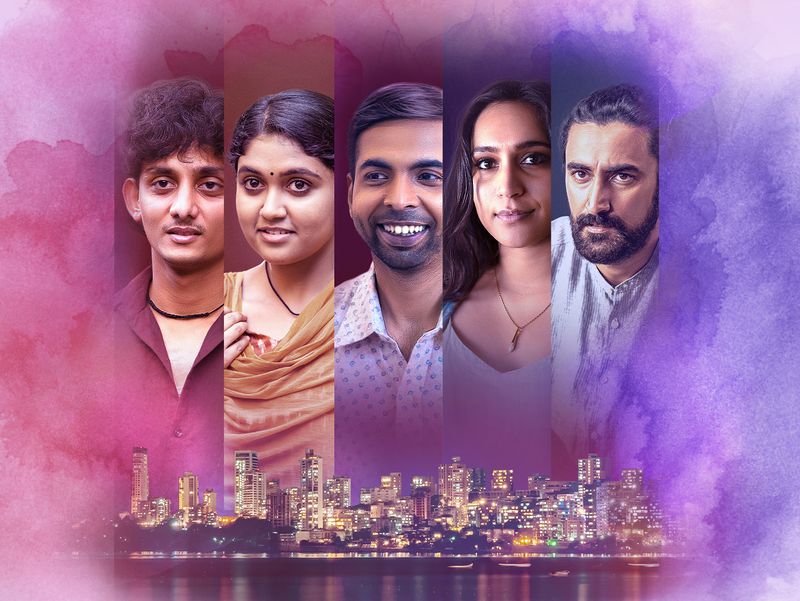
Such stories need to be told, but structure really defines the way you tell a story. The two-hour format has a certain type of story that you tell. But there are some beautiful ideas that can be expressed in 30 or 45 minutes. One of the wonderful things about OTT platforms is that unlike television series where you need to keep your episode to 23 minutes or 33 minutes long because of their timely breaks, here you are free.
But that doesn’t mean that you can do whatever you like. There has to be some discipline to your narration. I don’t think telling a story in a short amount of time is limiting at all. It is about finding the right kind of story to express in a shorter format.
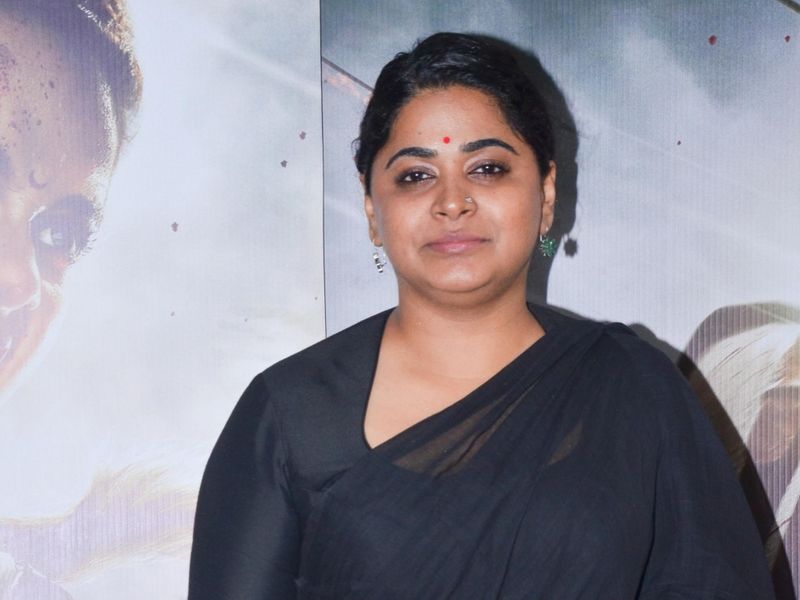
Tiwari: I feel that because of the OTT platforms you are getting opportunities to say stories in different kinds of lengths. There are many times when you read an idea but feel it is best told as a short story and can’t be adapted into a full-length feature because certain stories are only for short films.
We are in the best of storytelling times because as filmmakers we are able to tell kinds of stories in all kinds of lengths. And, when different kinds of filmmakers come together to tell that kind of story you give you audience a chance to absorb many kinds of story tellers. It is a great place to be where you have the liberty to choose the medium and choose a story according to the medium.
Chaudhary: I agree, I think there are some stories that take a lifetime to tell and there are some stories which are just about a few moments in your life and these stories are all about small short encounters with characters who define them. The anthology and the short story format is perfect to explain it all.
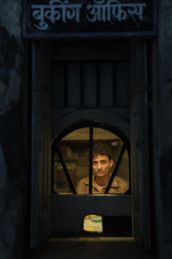
Q: This anthology deals with tales of love, loss, and isolation in a city. Can each of you talk about your chapter?
Tiwari: My chapter deals with the idea of loneliness. Our stories usually reflect the impact of our immediate environment. We wrote the script during the pandemic and it was shot right after the first wave when everything opened up. In any city when you are busy trying to achieve something you begin to find yourself in a place where you do not have too many people to talk to. And that’s when loneliness creeps in.
You start questioning your dreams, your career progression and wonder what’s more important. And when you want people around, there’s nobody to talk to. So you form a memory or attachment to an object … We have some kind of attachment to nonliving things. The attachment is between you and that thing and no one can question you because it’s your relationship alone. It’s not open to judgement.
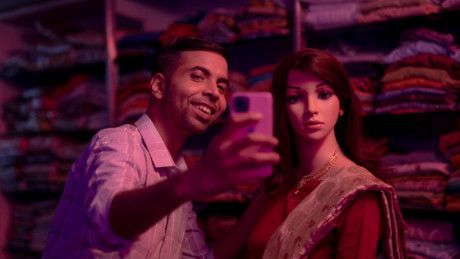
Chaudhary: In my story, we explore the idea of marriage which is supposedly one of your closest and intimate relationships. But even between a couple, there are things you don’t tell each other and there’s often resentment, anger, and disappointments. Y
ou may choose not to share them with each other and suddenly you meet a stranger and start sharing those points. We also wanted to explore the idea of how two people who have been cheated upon reconstruct the affair of their spouses based on their idea of how their spouses will behave. You don’t even know if their story happened or if it’s a figment of their imagination.
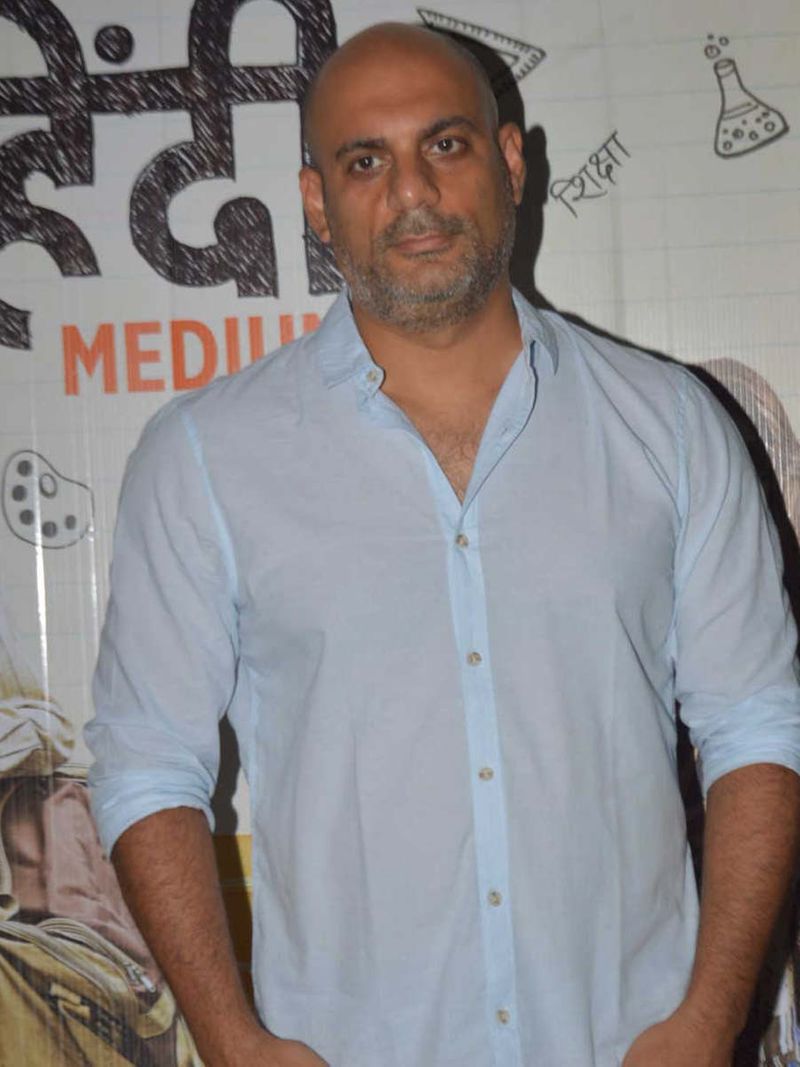
Chaubey: Bombay of the ‘80s is an integral part of my story. It talks about movies and what it does to us. And what attracted me to this story was talking about love shown in the movies. In films, love is all about coming together till death do them apart. But love can also be about strength.
Here in my story, there are two young kids who are burdened and overwhelmed by lives that they are living. They are both in a place that they don’t want to be in and they are looking for the strength and courage in each other ... Love is a catalyst here to what they want to do in their lives, Most stories are about those coming into Bombay, mine is about leaving it behind.
----
Don’t miss it!
‘Ankahi Kahaniya’ is out on Netflix.







